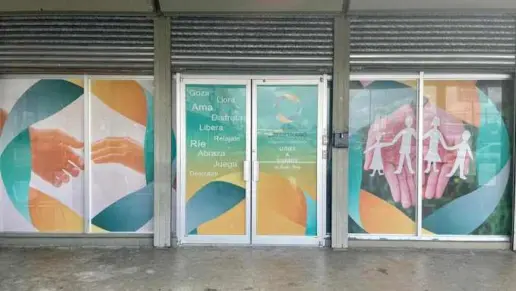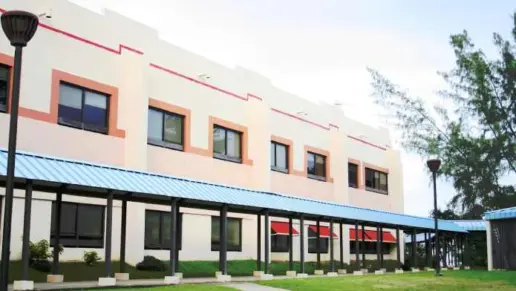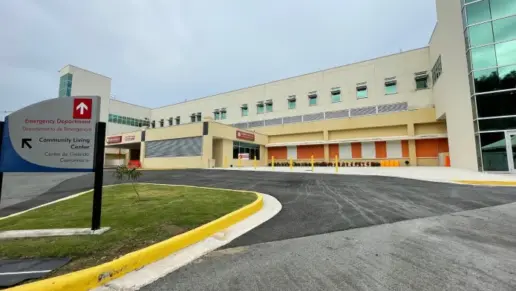About Clínica San Juan Capestrano Bayamón
San Juan Capestrano Hospital - Bayamon in Bayamon, Puerto Rico, is an outpatient clinic in the San Juan Capestrano Hospital network of behavioral health facilities. While the hospital has a lot of different facilities with different programs, this clinic in particular has a partial hospitalization program or day treatment. They treat behavioral health issues like drug and alcohol addiction and mental illness.
In this type of program you’ll live at home or in a sober living home and come to the clinic for treatment. A partial hospitalization program has treatment every weekday for five hours a day. This provides an intensive level of addiction treatment but without the need for a residential environment. It could be the next step in your recovery after residential rehab, or it might be the most intensive level of care you need.
They have an adult partial hospitalization program (PHP) for men and women ages 18 and older that takes place in the mornings and early afternoons. There’s an adolescent PHP here, too, for teenagers ages 13 to 17. That program is in the evenings so your teen can keep going to school while they recover from addiction or other behavioral health issues.
Your treatment here will be a combination of therapy and education. You’ll learn about addiction and how to counteract its symptoms and prevent relapse. In individual therapy and group therapy you’ll work through the issues that play a part in your addiction and the challenges that come up on your recovery journey. Clients’ experiences here vary, but most say that the team gives high quality care and is caring and attentive to make sure you get what you need for recovery.
Facility Overview
Latest Reviews
Rehab Score
Gallery
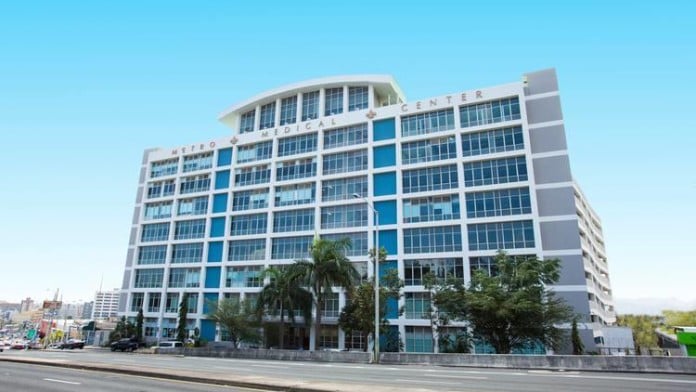
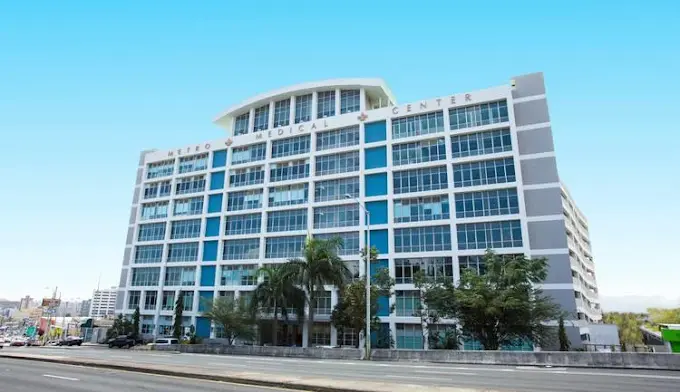
Location
Other Forms of Payment
Private insurance refers to any kind of healthcare coverage that isn't from the state or federal government. This includes individual and family plans offered by an employer or purchased from the Insurance Marketplace. Every plan will have different requirements and out of pocket costs so be sure to get the full details before you start treatment.
Self-pay involves paying for treatment out of your own pocket. You can use savings or credit, get a personal loan, or receive help from family and friends to fund your treatment. If you don't have insurance or your insurance plan doesn't cover a specific program, self-pay can help ensure you still get the care you need.
Financial aid can take many forms. Centers may have grants or scholarships available to clients who meet eligibility requirements. Programs that receive SAMHSA grants may have financial aid available for those who need treatment as well. Grants and scholarships can help you pai for treatment without having to repay.
Medicare is a federal program that provides health insurance for those 65 and older. It also serves people under 65 with chronic and disabling health challenges. To use Medicare for addiction treatment you need to find a program that accepts Medicare and is in network with your plan. Out of pocket costs and preauthorization requirements vary, so always check with your provider.
Medicaid is a state based program that helps lower-income individuals and families pay for healthcare. Medicaid covers addiction treatment so those enrolled can use their coverage to pay for rehab. When a program accepts Medicaid the client often pays very little or nothing out of their own pocket.
Sliding scale payments are based on a client's income and family size. The goal is to make treatment affordable to everyone. By taking these factors into account, addiction recovery care providers help ensure that your treatment does not become a financial burden to you or your family, eliminating one barrier to care.
Addiction Treatments
Levels of Care
Treatments
Mental health rehabs focus on helping individuals recover from mental illnesses like bipolar disorder, clinical depression, anxiety disorders, schizophrenia, and more. Mental health professionals at these facilities are trained to understand and treat mental health issues, both in individual and group settings.
Programs

Clinical Services
Group therapy is any therapeutic work that happens in a group (not one-on-one). There are a number of different group therapy modalities, including support groups, experiential therapy, psycho-education, and more. Group therapy involves treatment as well as processing interaction between group members.
Research clearly demonstrates that recovery is far more successful and sustainable when loved ones like family members participate in rehab and substance abuse treatment. Genetic factors may be at play when it comes to drug and alcohol addiction, as well as mental health issues. Family dynamics often play a critical role in addiction triggers, and if properly educated, family members can be a strong source of support when it comes to rehabilitation.
Staff & Accreditations
Staff
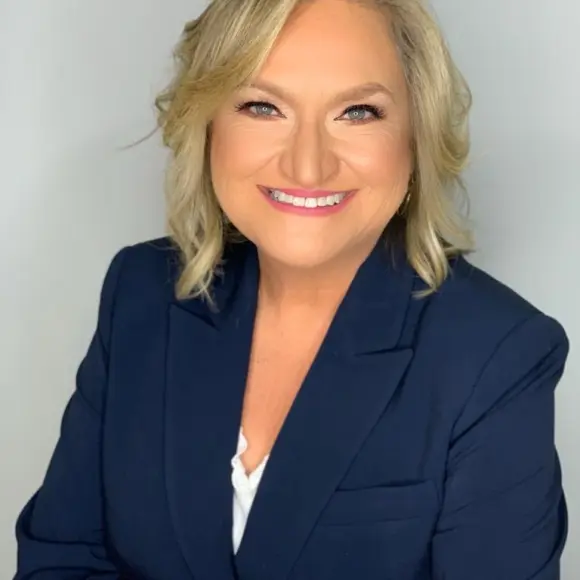
CEO
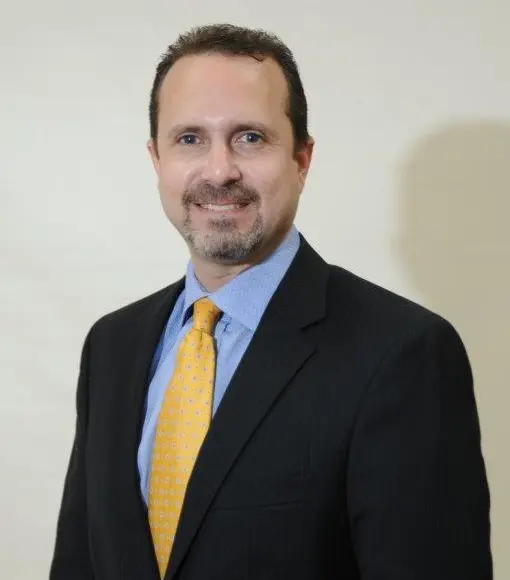
CFO
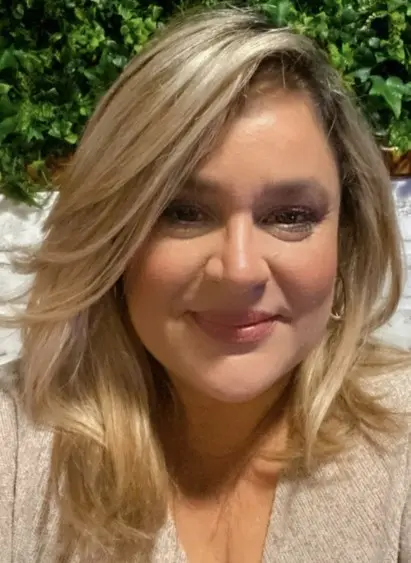
Business Development Director
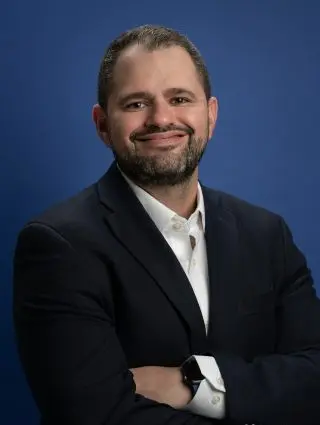
Medical Director
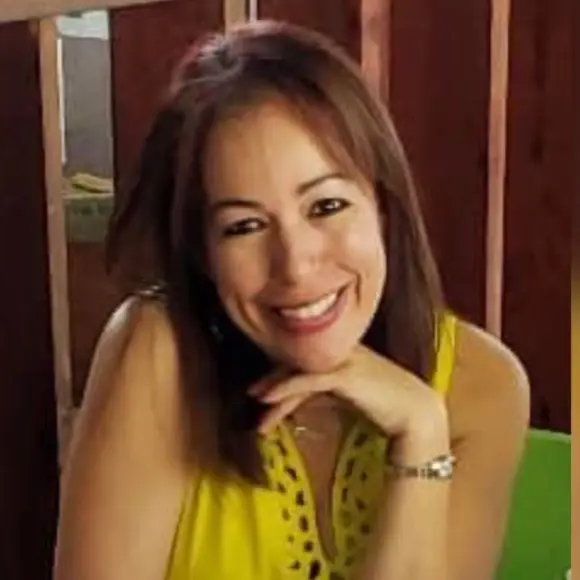
Director of Quality Services
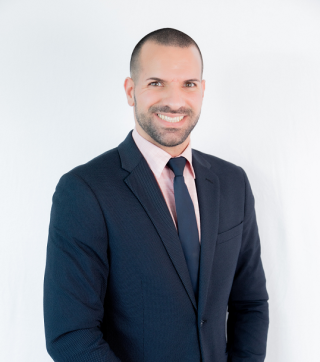
Director of Medical Information Management
Accreditations

The Joint Commission, formerly known as JCAHO, is a nonprofit organization that accredits rehab organizations and programs. Founded in 1951, the Joint Commision's mission is to improve the quality of patient care and demonstrating the quality of patient care.
Joint Commission Accreditation: Yes
Contact Information
Metro Medical Center Tower A
Suite 103
1995 Carr # 2
Bayamon, PR 00959
